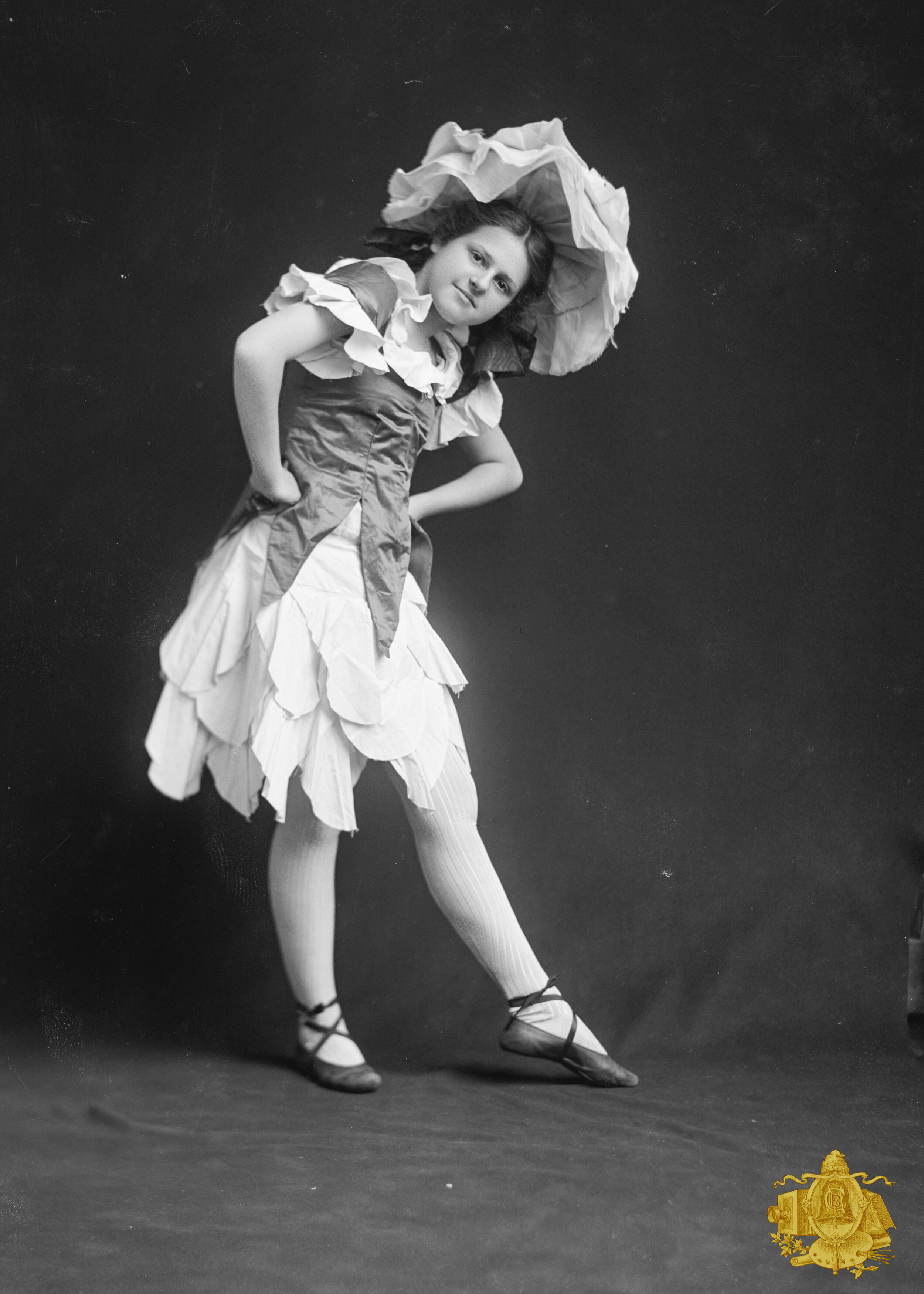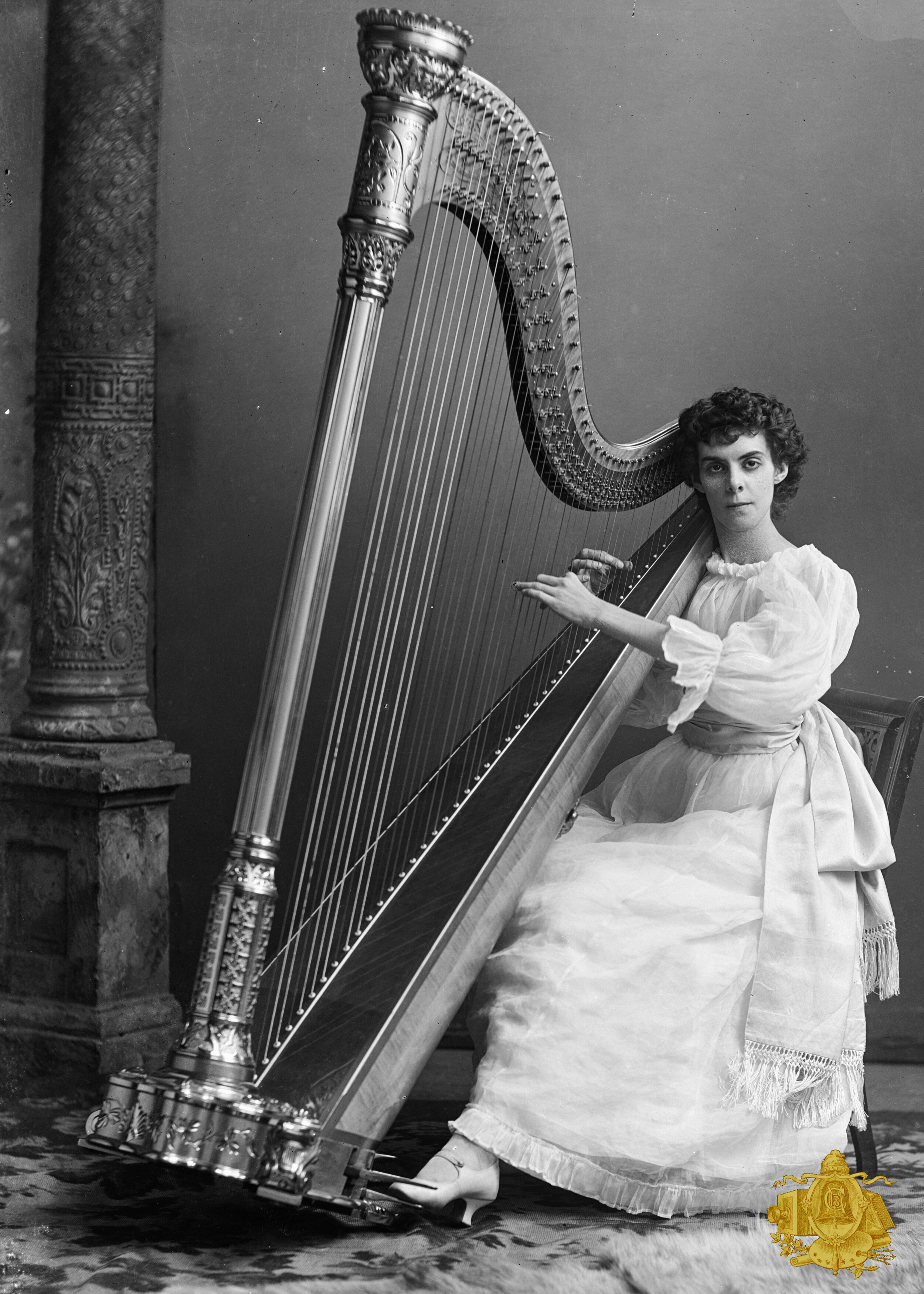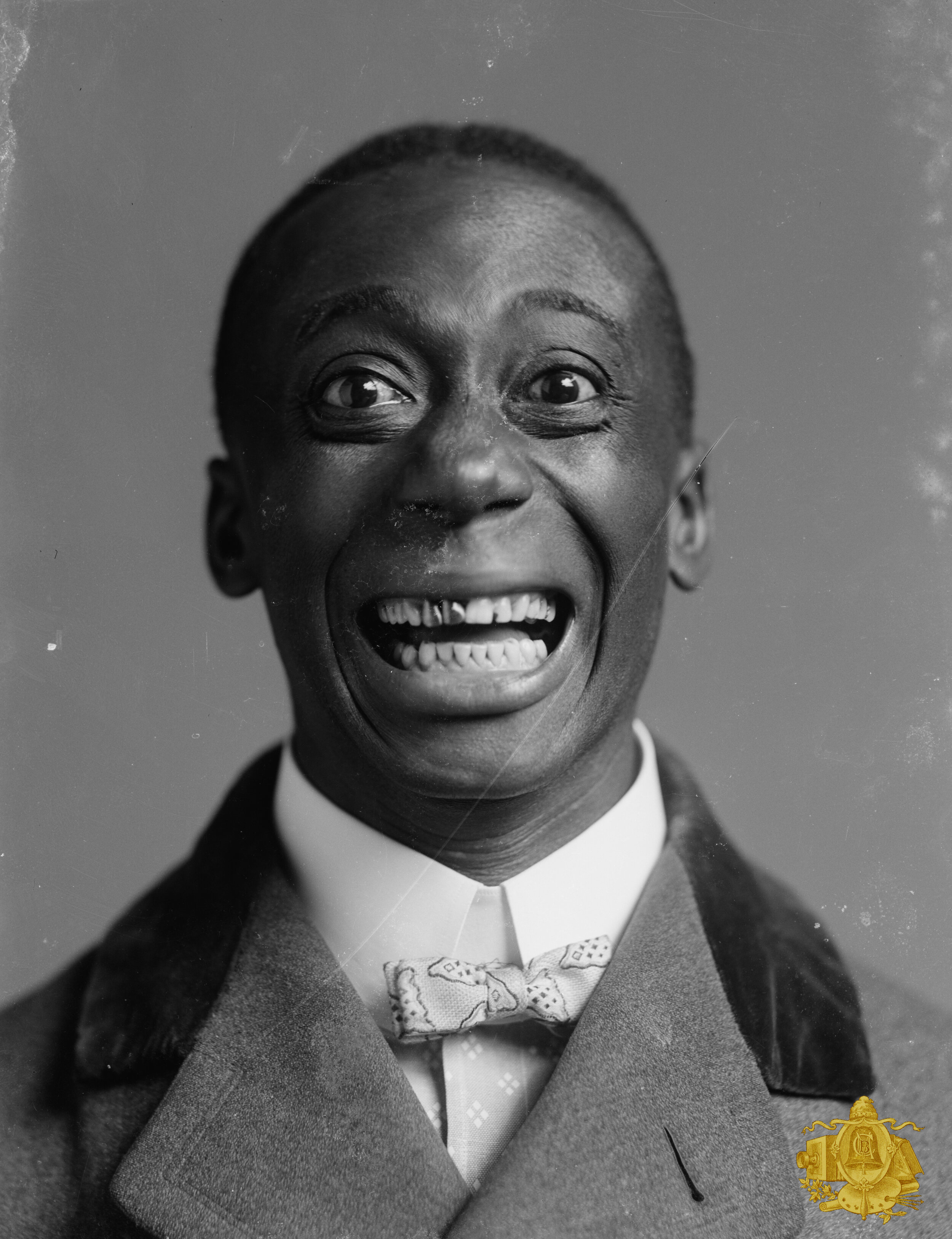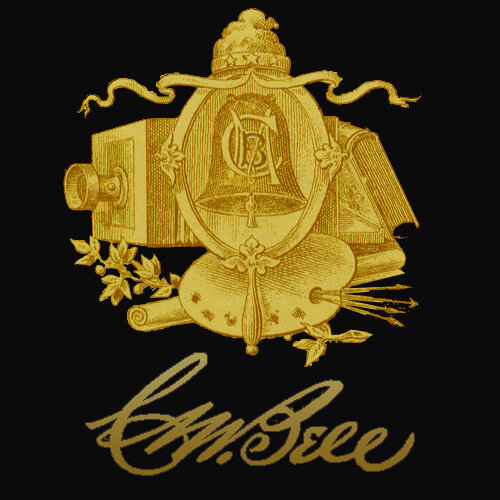
Gilded Age Actors: Timeless Stages & Dramatic Portraits
In this luminous gallery, behold the souls who graced the stages of a bygone era—each portrait a stirring monologue of art, passion, and perseverance. These actors, with eyes that burn like distant lanterns, capture the magnetic drama of the Gilded Age, their expressions echoing the triumphs and trials of a world awash in both splendor and shadow.
Each image is a verse in a grand, unfolding epic—a tapestry woven with the threads of laughter, longing, and the unyielding fire of the human spirit. Their faces speak in the language of dreams and destiny, inviting us to wander through a realm where every gesture was a declaration of hope, and every performance a testament to life's indomitable rhythm.
Cora Urquhart Brown-Potter
(Mrs. James Brown-Potter)
New Orleans socialite, wife of millionaire James Brown Potter (1877), and amateur actress turned professional in London under the adoring eyes of the future, King Edward VII. She would divorce her husband in 1900 in the wake of a decade of scandals. Her last appearance on the London stage was in 1912. She made a further stage appearance in 1919 for a benefit production in Guernsey.
She died on February 12, 1936, aged 78, at her villa in Beaulieu-sur-Mer.
“With regard to Mrs. Brown-Potter, as acting is no longer considered absolutely essential for success on the English stage, there is really no reason why the pretty bright-eyed lady who charmed us all last June by her merry laugh and her nonchalant ways, should not--to borrow an expression from her native language--make a big boom and paint the town red. We sincerely hope she will; for, on the whole, the American invasion has done English society a great deal of good. American women are bright, clever, and wonderfully cosmopolitan.” - Oscar Wilde
William “Billy” McClain
“Multi-talented William C. McClain was a minstrel and Hollywood motion pictures actor as well as a dancer, musician, playwright, songwriter, and short story writer. He played cornet in Lou Johnson's Minstrels and spent many years with the minstrels in Europe, living in Paris, France, from 1906-1913. He was also a member of Orpheus McAdoo's Jubilee Singers and Concert Company in Australia.
One of McClain's works was The Smart Set, written in 1901. He wrote several songs, including Shake, Rattle, and Roll. McClain had also trained as a boxer, and he managed and trained famous heavyweight boxer Sam McVey. On the screen, McClain played the role of The King in Nagana in 1933. He appeared in more than 20 movies, the last in 1946.
He played various restricted roles, such as a servant, butler, footman, cook, and janitor. In 1938 he played the uncredited role of Zeke in Kentucky and in 1939 the role of a horse groomer in Pride of the Bluegrass [aka Steeplechase]. William C. McClain was the husband of Cordelia McClain and the father of actress Teddy Peters. At the time of his death, his age was estimated to be 93, but his birth year has also been given as 1866, and his birth location has been given as Kentucky and Indianapolis, IN.
He died in Los Angeles, CA, on January 28, 1950.”
Paul Hudson:A Player of the Melodramatic Stage
In the fading light of a 19th-century photographer’s studio, Paul Hudson strikes a pose. One hand rests on his hip, a pistol dangling loosely from the other, while his head tilts back in theatrical bravado. The image, scarred by age and chemical wear, captures a man who was more than willing to live inside the drama of his profession. For Hudson, the stage was not simply a place of work. It was his world.
A Touring Actor of the 1890s
Paul Hudson first appears in the record books of the theater in the mid-1890s, when the New York Clipper listed him among the performers with Nelson Conston’s Entertainers. At that time, American theater thrived in small towns as much as in the great cities. Traveling companies carried melodrama, comedy, and light opera into opera houses, music halls, and makeshift stages across the country. Audiences expected emotion writ large—heroes and villains defined by clear lines, gestures exaggerated enough to be seen from the back row. Hudson fit the bill.
By 1898, he was with the Labadie Company, a respected touring troupe. That meant long weeks on the road, shifting from one town to the next, rehearsing on trains and performing in unfamiliar halls. The work was difficult but steady, and it gave Hudson his reputation as a reliable and versatile actor.
A Family on the Stage
Hudson was not alone in his craft. His wife, Marie Blair, was his frequent partner on stage, and together they built a household centered around performance. The couple even carried their daughter, Irene, into the life. Known in playbills as “Baby Irene,” she was introduced to audiences before she could walk, a living emblem of the family troupe. Newspaper clippings from 1902 mention the three together, visiting and performing, the child already woven into the narrative of the show.
This blending of family and stage was not unusual. Many traveling actors relied on the solidarity of kinship to endure the uncertain wages and constant movement of the circuit. For Hudson, it created both a livelihood and an identity.
Beyond the Footlights
By the early 1900s, Hudson was more than an actor. Notices in the Clipper suggest he was dealing in play scripts, offering them “for sale or let” to managers. This was the entrepreneurial side of a profession where roles were fleeting and seasons uncertain. A man could not always count on applause alone.
The photograph of Hudson—stiff-collared, carefully posed, pistol in hand—seems to echo that need for a larger-than-life persona. He is every inch the melodramatic hero, caught between gallantry and danger. Theatricality spills from the image, reminding us that in his era, an actor’s life depended as much on how he looked as on how he performed.
A Vanishing World
Paul Hudson’s career traces the outlines of a world now largely forgotten: the small-town opera houses, the traveling repertory troupes, the fragile economy of performance before the dominance of film. His legacy is not measured in marquee fame or Broadway triumphs, but in the thousands of ordinary evenings when audiences gathered to be moved, startled, or amused.
In that sense, Hudson belongs to a generation of actors who kept the flame of live theater burning in every corner of America. His pistol pose may have been meant for a single role, a single night, but through it we glimpse the earnestness of a man who gave his life to the stage.

Virginia Collins

Ansley

Ansley

Miss Vaughn

Professor W. Baldwin

Miss H. Lockwood

Miss H. Lockwood

Ms. Bessie Smith

Unidentified Actor

Anita Cluss


Paul Hudson

Louise Farrow

Anita Cluss

Billy McClain from Curtain

Billy McClain




